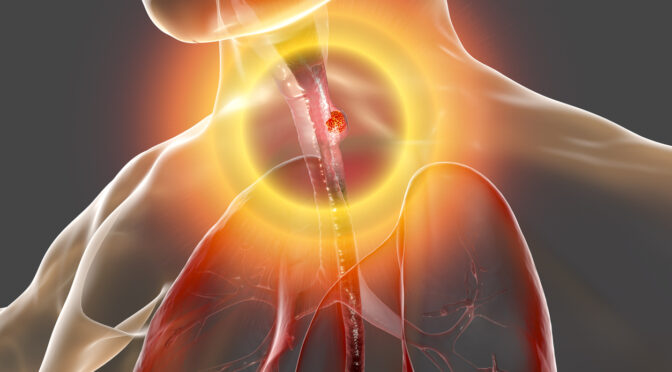Most people just want to crawl back into bed when they’re running a fever. Who would have thought there may be a positive aspect to feeling so bad? Incredibly, a published study indicates there may be a connection between fever and cancer immunotherapy.
What Is a Fever?
Infectious fever is one of the immune system responses to foreign organisms. When bacteria known as exogenous pyrogens enter the body, it triggers the immune system to produce endogenous pyrogens, or mediators, to fight them. This begins a chain of events that culminates in a rising temperature.
Endogenous mediators include cytokines, such as interleukins and interferons. During a fever, these mediators redirect metabolic substrates and energy, resulting in a higher range of immune effectors. One such effector is lymphocytes that express gd T cells.
How a Fever Affects the Immune System
A fever generates large numbers of gamma delta T cells. These cells are valuable in fighting infection that initiates the fever response. They also have potent anti-tumor properties, which may have applications for cancer immunotherapy methods. This process indicates that a high incidence of fevers may actually reduce the risk of cancer.
Past research has largely involved alpha beta T cells. While the connection between the fever response and cancer is still largely anecdotal, researchers now have a foundation to expand studies on the topic along with possible clinical benefits. This specific study, based on patient accounts documented over several decades, was first published in Quarterly Review of Biology.
Cancer Immunotherapy: The Issels® Difference
Our personally tailored immunotherapy programs are designed to help the body’s own immune system fight tumors. These non-toxic vaccines and cell therapies avoid the adverse side effects that accompany many traditional cancer treatments. Visit our website to learn more about the Issels® Difference.

